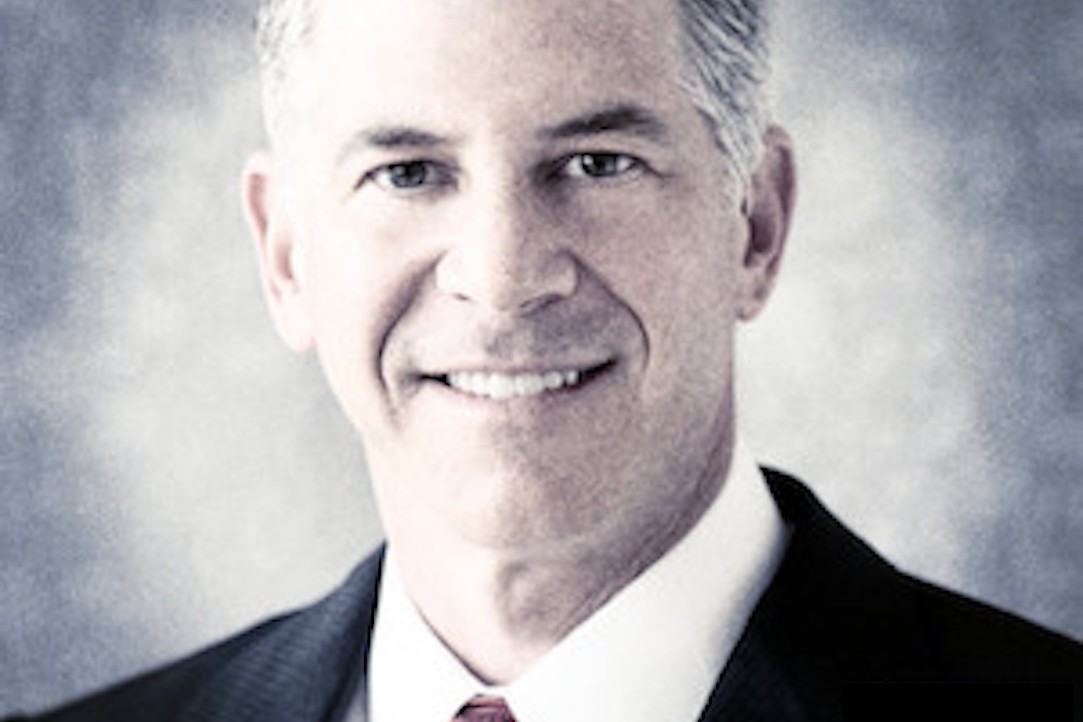
Editor’s Blog
Former Enron CFO Andy Fastow was at the center of one of Corporate America’s most notorious frauds. He helped orchestrate the series of off-the-books special purpose entities that enabled Enron to hide its failings and propped the company up before its inevitable collapse. For his part in the fraud, Fastow served six years in federal prison—he was released in December 2011—and forfeited his net worth of $24 million.
Now Fastow is back. He’s on the lecture circuit discussing his role in Enron, which some have called the biggest accounting scandal in American history. So why should this matter to internal auditors? What does a convicted felon have to tell us about ethics and trust? Quite a bit, actually.
Fastow has an important message to share about the difference between breaking the rules and using the rules to commit fraud, which every internal auditor should hear. His point is that you can still remain within the letter of the law—Fastow still insists his structured transactions remained within the confines of his and many experts’ interpretation of Generally Accepted Accounting Principles—and still commit fraud.
Return to Enron
Business journalist Russ Banham, who wrote a flattering article on Fastow for CFO magazine just a few years before the historic fraud came to light, recently came full circle, interviewing Fastow for CFO for a bit of a double mea culpa. In the recent article, titled “Andy Fastow and Me,” Banham talks about the shame and guilt he felt having written the article praising Fastow, even though he was simply fooled along with every other expert and layman alike. As for Fastow, he remains contrite and admits his actions amounted to fraud for which his jail time was justified. “I deserved to go to prison,” he states emphatically.
In the current article, Banham smartly and quickly disperses with the salacious details of the past, eschewing blame and finger pointing for real learning. Of course the convict-turned-evangelist story is a familiar one, but there is something more to Fastow’s proclamations.
“The fundamental problem is this: Virtually all the safeguards that have been built into the system are compliance and legal procedures to catch rulebreakers. But rulebreakers are only part of the problem,” Fastow tells Banham. “The more insidious and dangerous problem is the rule ‘users’—the rule exploiters who find the loopholes.”
The more recent focus on things like culture and tone at the top are intended to address this problem of remaining technically within the rules while committing fraud. But Fastow has a good point: principles are way more important than rules.
So read the article and spend some time thinking about how your own organizations address rules and compliance. Are they legal exercises with technical interpretations of what is and what isn’t accepted? Or are you really embracing a culture of ethics where leaders constantly stress that everyone needs to do the right thing? What is internal audit’s role in facilitating the latter?
Behind the Scenes at CFO
I also wanted to provide a little behind the scenes of what was happening at CFO magazine around the time that Banham wrote that first flattering article about Fastow.
I was working then at CFO as a young editor in the early stages of my business journalism career. There was indeed some hand-wringing among the editors about that Enron article and some others like it that lauded certain CFOs for their recent accomplishments. Some editors felt that we really didn’t know enough about what was happening at Enron to heap praise on Fastow for his financial orchestrations. In the end, we, like most everyone else, relied on the lawyers, the accountants, and the experts. The thinking was, “Well, they couldn’t all be wrong, right?” In fact, they were and we had egg on our faces.
The first Fastow article was part of an awards series we had created to recognize top CFOs in certain categories. A little hitch is that the awards program was sponsored by Arthur Andersen and there was pressure to recognize Andersen clients. (Andersen, of course, surrendered its license to practice in 2002 after pleading guilty to criminal charges related to its auditing of Enron.) The top editors were leery of the awards program and feared the exact outcome of providing awards to CFOs who would later find themselves entangled in fraud or other misdeeds. Apparently Andersen was about as good at picking star CFOs as it was at auditing.
To be sure, Banham wasn’t the only one who wrote a flattering article about a CFO who would soon be behind bars. My assignment for that same issue was to go interview WorldCom CFO Scott Sullivan, to whom we were handing an award for M&A after WorldCom’s acquisition of MCI. I can still remember the bravado that seeped through the phone line as Sullivan relayed the details of his minnow-swallows-whale tale of the acquisition.
If fact, the article is still online, and yes, I cringe rereading it. “We were exuberant. This was putting a stamp on communications history,” Sullivan gushed to me. Well that it did. Bernie Ebbers also landed this somewhat prophetic line, when he told me: “[Sullivan] has no peer in his ability to earn the trust and confidence of the investment community.”
It was a trust he and others at WorldCom ultimately betrayed. In the end, Sullivan spent four years of a five-year sentence for his role in the $3.8 billion accounting fraud at WorldCom. Since being released in 2009 he has kept a low profile and, unlike Fawtow, has yet to hit the lecture circuit. Ebbers is still serving a 25-year sentence in a federal correction institute in Fort Worth, Tex. ![]()
Joseph McCafferty is Editor & Publisher of Internal Audit 360°


Joe, forgot you did the WorldCom piece! Glad I’m not alone in the annals of hoodwinked journalists. Great follow up. Thanks!
Russ